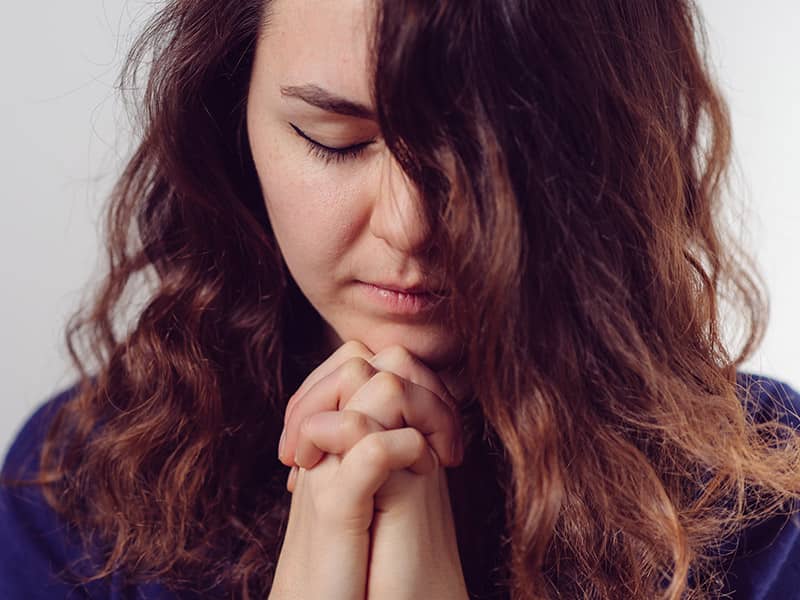Though Knief had contacted Gray's staff about being involved in the ceremony, the response was lackluster. Gray's team stated that the lineup was already set, and that they would not be including a secular prayer.
Here's the problem. This discriminates against the ability of non-religious individuals to partake in a major government event that will include religious parties. This is the source of so much frustration when it comes to the battle over public prayer. Politicians are all for prayer in the public sphere- as long as it lines up with their beliefs.
Take, for example, the city councils in Chillicothe, Ohio and Point Pleasant, New Jersey. Insistence on Christian prayer has lead to bubbling lawsuits against their practice, potentially culminating in a complete ban on prayer in their meetings. Why is this a problem? If the decisions are made at a high enough level, they will affect institutions that DO respect interfaith perspectives. An inability to accommodate people of all faiths through interfaith devotions ultimately leads to a squashing of prayer, which can be a major source of inspiration and focus for a body of individuals working toward a common goal.
Knief and the SCA are unlikely to see a change in decision from Gray's staff before the inauguration. Let's hope that all of the power struggles can come to an end before real damage the practice of prayer is done.
Interested in writing something like this for Prayables? Click !

